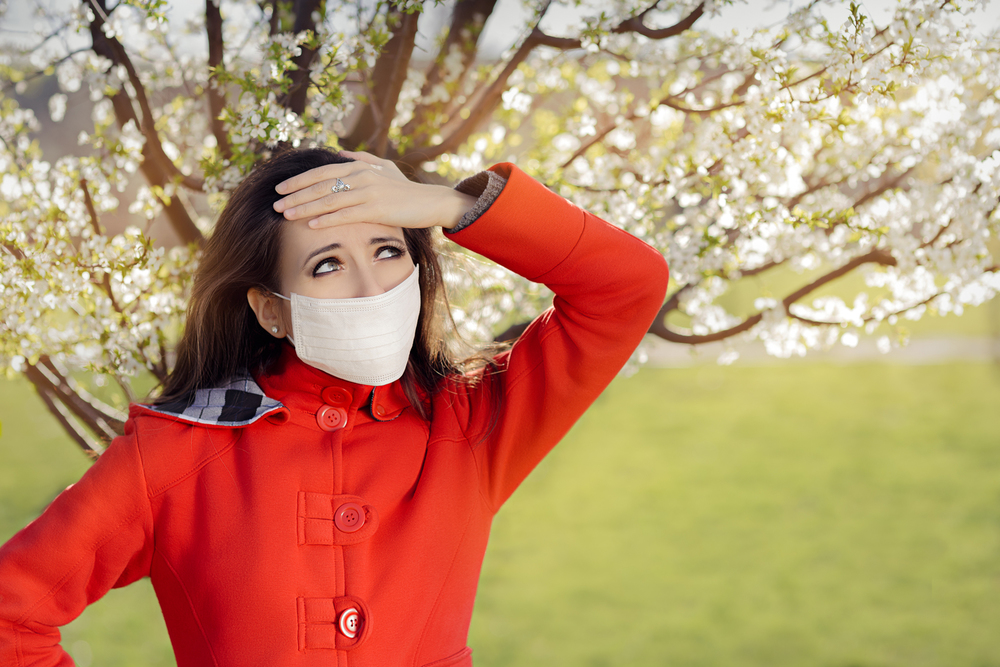
Odors That Can Cause Breathing Problems
There are several respiratory diseases that cause difficulty in breathing. Different things cause these diseases. Some of the respiratory diseases are asthma, which causes a patient’s airways to become narrow and inflamed; and chronic obstructive pulmonary disease (or COPD), which describes a group of inflammatory lung diseases that block airflow, making breathing difficult. Other health conditions, such as allergies, can also cause labored breathing.
While doctor prescribed medications and therapies are essential, certain odors may also trigger breathing issues, making symptoms worse. Discussed below are some of these smells and scents that may cause breathing issues in patients with existing breathing difficulties:
1. Perfumes
The most common reaction to strong perfumes is a shortage of breath. Many asthma patients get a whiff of a strong perfume or cologne and suffer an intense asthma attack. Other than asthma, strong perfume scents cause skin problems, migraines, nasal congestion, coughing, and sneezing.
2. Household cleaners
Mixing cleaning product contents can cause a chemical reaction. Some products also release volatile organic products (or VOPs). Inhaling toxic fumes from chemicals found in these cleaning products causes irritation, inflammation to respiratory organs, sneezing, and coughing when the fumes touch the tissues of the lungs. These cleaning products can also damage the lungs—for example, ammonia and bleach.
3. Essential oils
Essential oils are derived from natural plants and herbs so they contain tiny particles when released into the air. These particles can trigger asthma attacks and they also emit strong odors containing volatile organic compounds that affect the quality of air indoors. Patients with breathing issues should be cautious when using essential oils and products containing them, such as incense and scented candles.
4. Smoke
Smoke from cigarettes, pipes, cigars, and even campfires may cause breath shortage and wheezing, poor circulation, and coughing. Smoke can deprive one of oxygen. This is because the oxygen used in combustion is the same used in breathing, therefore creating a shortage. Smoke also contains products such as carbon dioxide, limiting the amount of oxygen in the atmosphere and is therefore harmful to respiration.
5. Food smells
Strong food smells affect breathing. Some foods have a very strong smell affecting the breathing of a person, particularly if they are spicy. If you’re sensitive to certain pungent food smells, try to avoid them as much as possible to prevent breathing problems and asthma attacks.
6. Air fresheners
These can trigger severe allergy symptoms. Air fresheners’ effects differ with the level of formulation. They have toxic VOCs that can be harmful when exposed to air. This is because they contain particles that fall off when sprayed, which can be dangerous when inhaled. They can trigger health effects such as irritation in the eyes, nose, nausea, and headaches.
If you experience the following symptoms of asthma, allergies or COPD when exposed to scents or smells, leave the area immediately and please try and avoid them as much as possible in the future.
- Cough: This may take place during the night or when doing exercise. It can be chronic, mild, severe, dry, or with phlegm.
- Respiratory issues: wheezing, breathing difficulty, sometimes rapid breathing or breath shortage during the night, infections of the respiratory, and breathing through the mouth.
- Chest pressure: or irritation of the throat, anxiety, flare, and fast heart rate are also respiratory symptoms those with asthma, COPD, and allergies can experience.




